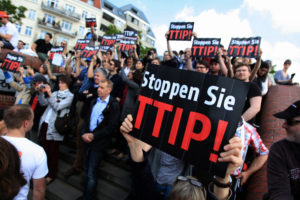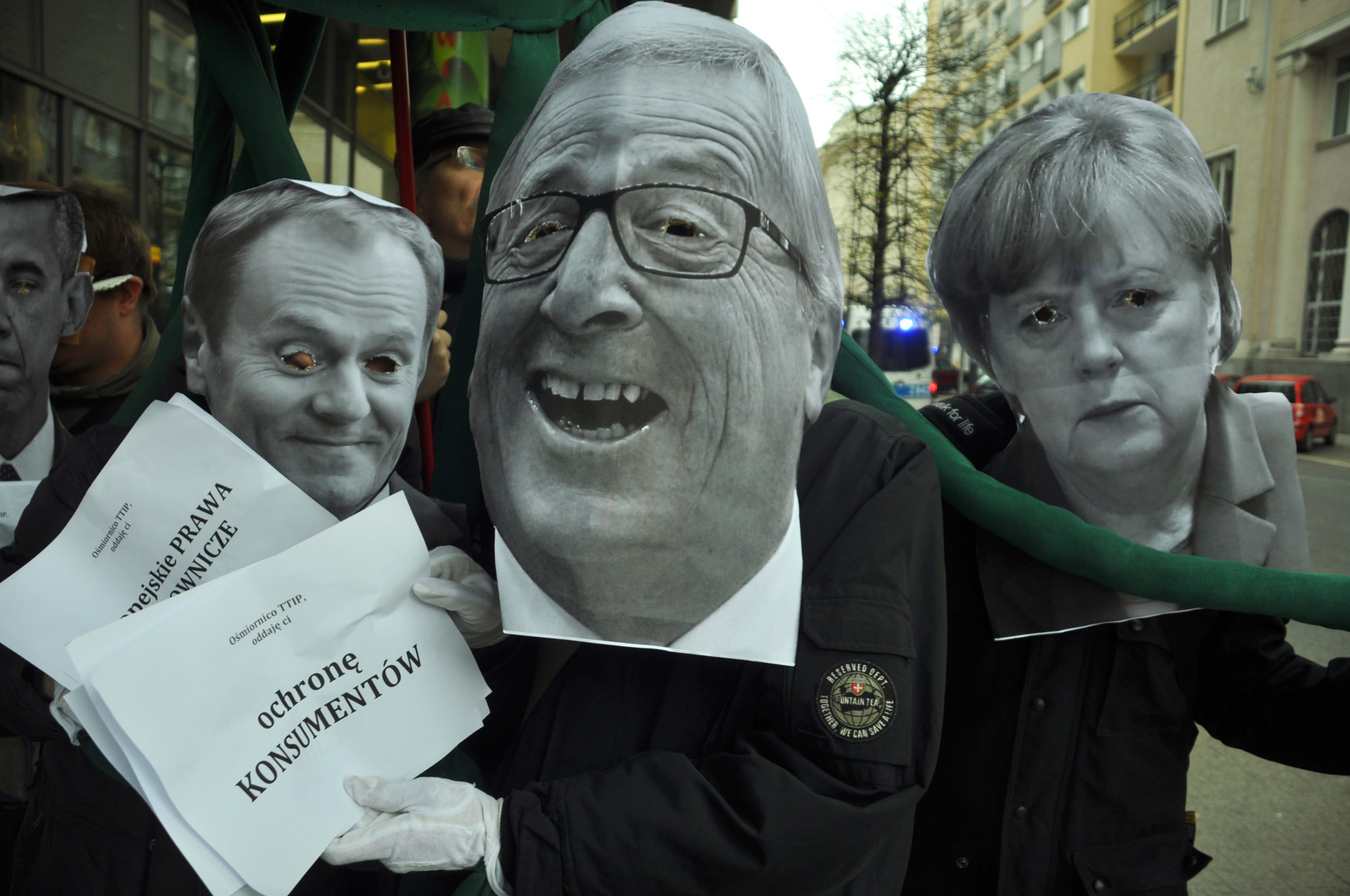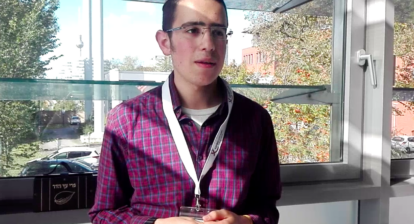Brexit, Orbán and Le Pen. European right wing populism and state egotism is on the rise, the EU threatened by dissolution and there is no end in sight. What has gone wrong in the last years? How can the European Union get back on track? For Enja from Norway the EU bureaucrats have been detached from reality and ignored working class people for too long…
I remember the first time I arrived in Brussels. I had been selected for a talent programme for young Europeans to “build the future of Europe together”. What struck me was how detached this “Brussels bubble” was from the Europe I knew – the EU bureaucrats would use words that did not speak to me, important national concerns would be lost in the idea of “one Europe”. I could not help but think that Europeans are primarily national citizens who care about domestic issues. How could we believe that such challenges would be solved by a group of young wannabes in a talent programme? Over the years, this concern of mine has grown stronger; when proponents of European integration discuss the prospects of the European project, we do so in closed rooms with like-minded people .
Has Europe Become a Project for the Elites?

Anti-TTIP protests in Hamburg, Germany.
(c) Ulrike Schmidt/campact
https://www.flickr.com/photos/campact/14225485543/
Those who benefit from the ever-increasing neoliberalism of the European project already belong to rather well-off groups on the domestic level. Thus, European integration seems to reinforce established domestic divisions . As evidenced by the secrecy and highly flawed communication lines of the current negotiations of the TTIP agreement, the EU tends to formulate policies with a top-down approach, disregarding the national dynamics of the policies and the impact on specific domestic groups.
However, there are some who do not seem to forget. Referring to parties like UKIP in the UK and Front National (FN) in France, recent statistics from YouGov (2016) demonstrate a return to “Authoritarian Populism”(AP), characterising the era of Reagan and Thatcher. 63 percent of the respondents in France informed that they share the values of AP, particularly opposing globalisation. In UK, 48 percent expressed similar views. That these sentiments indeed exist in European societies today was evident both through Brexit and the results of the second French election round, where Marine Le Pen received 34 % of the votes and a quarter of the voters chose to take the risk of staying at home on the election day.
The EU Must set its Priorities Straight
While Emmanuel Macron was on the winning side this time, he is commonly perceived as yet another foot soldier for the European elites. Le Pen draws on extensive support from the French working class and young people who still struggle in the wake of deindustrialization and the European financial crisis respectively. FN has derived most of its success over the last two years from specifically targeting working class voters, and in the elections almost half of the young population gave their vote to Marine Le Pen. While Macron was openly stating that he would like “a little bit of freedom and a little bit of equality”, we know very little about what he will do for these domestic groups – and for Europe. It is certain that we need to take seriously the sentiment reflected by the rise of the European populist right-wing wave.
The EU bureaucrats favourite phrase seems to be that the EU will “muddle through” as always. That won’t do it this time. With the exception of Jean-Luc Mélenchon to some extent, the French elections were marked by a lack of politicians who dared to criticise the functioning of the EU, while not threatening its existence. That is exactly what we need more of in today’s public discourse. If we want to save Europe – not just now, but as a long-term project in which we trust – we must develop the social policies of the EU, rather than embarking on speculative trade deals with other super powers.




